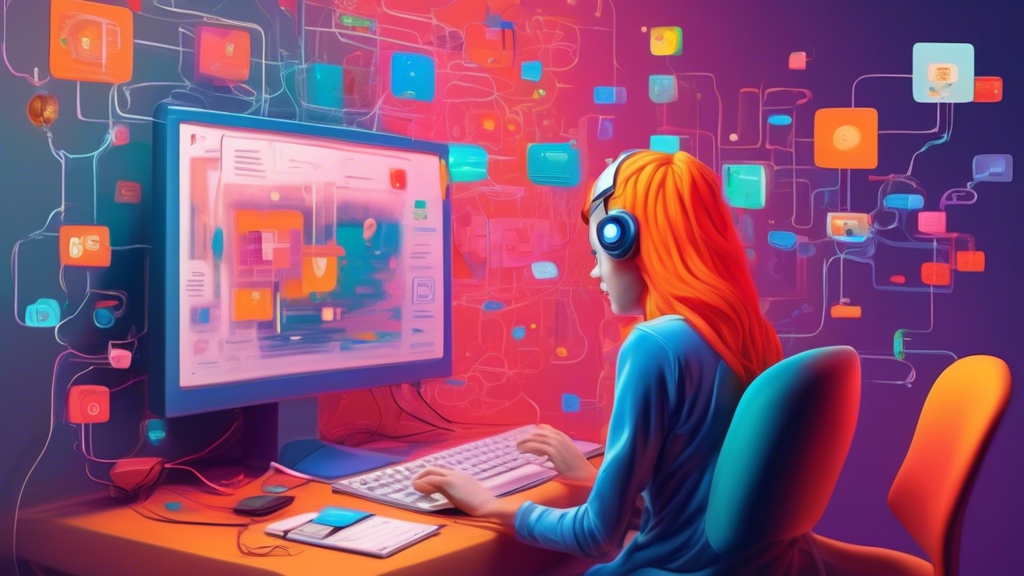
Understanding the Boundaries of ChatGPT’s Internet Capabilities
Despite being a highly advanced language model, ChatGPT is fundamentally limited in its ability to browse the web in real-time. Unlike its contemporary Bing and some claims around GPT-4, ChatGPT relies extensively on its internal knowledge base, which is periodically updated. This key limitation means the tool cannot access current information, leading to potential misinformation and outdated content being provided to users.
The Misconception About URL Access
Many users erroneously believe that ChatGPT can retrieve and parse content from the web when provided a URL. This misconception stems from how ChatGPT generates responses. For instance, when given a fictional URL, ChatGPT constructs responses based on the name and presumed structure of the URL, not by accessing any live content. An experiment using such fictional URLs clearly demonstrated that ChatGPT invents content, thereby reinforcing its inability to truly browse webpages.
Issues and OpenAI’s Design Choices
A stark contrast exists between ChatGPT and Bing; the latter has the capability to access cached pages crawled by its search engine, which facilitates more precise and current information retrieval. On the other hand, GPT-4’s touted prowess for web access remains dubious, often producing hallucinated, rather than legitimate, responses. This inconsistency perplexingly falls short of user expectations for real-time functionality.
OpenAI’s design choice to limit ChatGPT’s internet access is a deliberate effort to manage several critical factors: user privacy, the quality of provided information, and adherence to rigorous content policy guidelines. This carefully controlled environment aims to offer a secure user experience, though it inevitably hinders the model’s efficiency in providing real-time data.
User Experience and Emerging Expectations
The limitations of ChatGPT’s internet access have not gone unnoticed, creating noticeable frustration among users who require up-to-the-minute information. Functions like the browser tool, while theoretically promising, frequently fall short in reliability and accuracy. Users have resorted to various workarounds, such as logging out and logging back in, but these measures are often ineffective, extending the cycle of frustration.
In emphasizing privacy and security, OpenAI has accepted a trade-off that may impede ChatGPT’s effectiveness for live information retrieval. Although this ensures a safer user environment, it also defines the boundaries within which ChatGPT operates. As the landscape of AI evolves, balancing robust privacy safeguards with the demand for real-time data access will remain a crucial consideration for developers.
#NokNoiProperty #NokNoiPropertyPattaya

